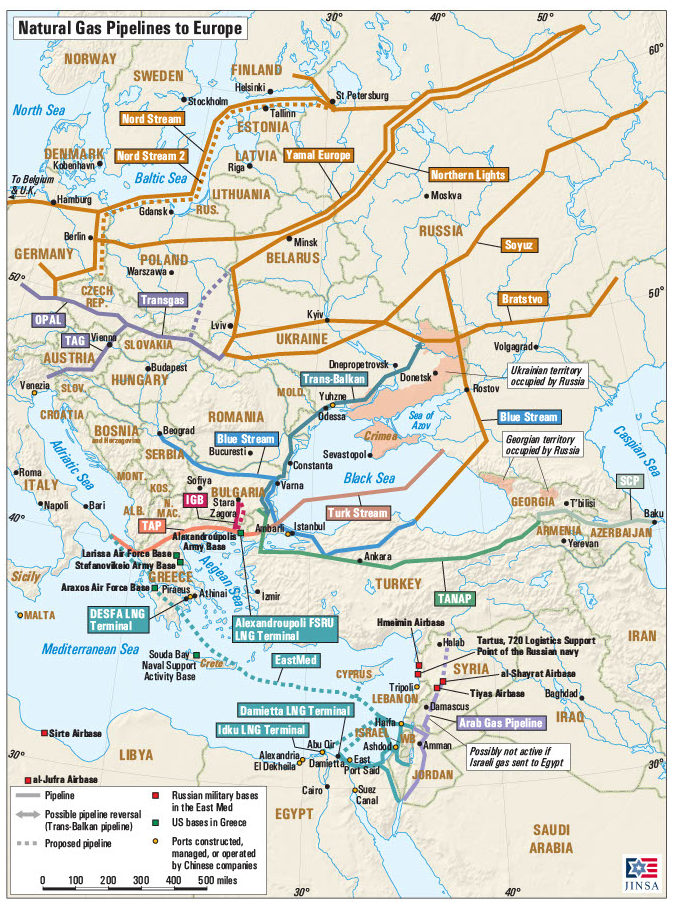Port in a Storm: Enhancing U.S.-Greece Cooperation at Alexandroupolis
Russia’s invasion of Ukraine is rapidly heightening the strategic importance of Greece and its security partnership with the United States, which already has made great strides in recent years. A case in point is the port of Alexandroupolis on the northern Aegean. Bypassing chokepoints controlled by an unreliable and often antagonistic Turkey, it offers unique opportunities for achieving shared transatlantic objectives to reduce Europe’s dangerous dependence on Russian energy; bolster NATO force posture in the increasingly contested Eastern Mediterranean, Balkans, and Black Sea; and ensure Ukraine’s prodigious food exports continue reaching their outlets to the south in the Middle East, Africa, and Asia. Now the United States and its NATO partners urgently need to capitalize on the opportunities offered by the port and by Greece more generally, specifically by:
- Expanding Alexandroupolis’ natural gas import and distribution capacity;
- Bolstering U.S. support for pivoting Europe’s energy infrastructure away from Russia and toward the south;
- Backing the peaceful development of Eastern Mediterranean energy resources;
- Extending NATO’s Athens-Kavala fuel pipeline to Alexandroupolis and the Eastern Balkans;
- Enhancing Eastern Europe’s road and rail connections with Alexandroupolis;
- Keeping Alexandroupolis’ port out of Russian hands; and
- Deepening U.S. security cooperation with Greece more broadly.

Authors:
Jonathan Ruhe – Director of Foreign Policy
Ari Cicurel – Senior Policy Analyst
This report is made possible by the generous support of the Gettler Family Foundation.
A portion of the research for this report was conducted on JINSA’s 2019 Benjamin Gettler International Policy Trip to Greece.